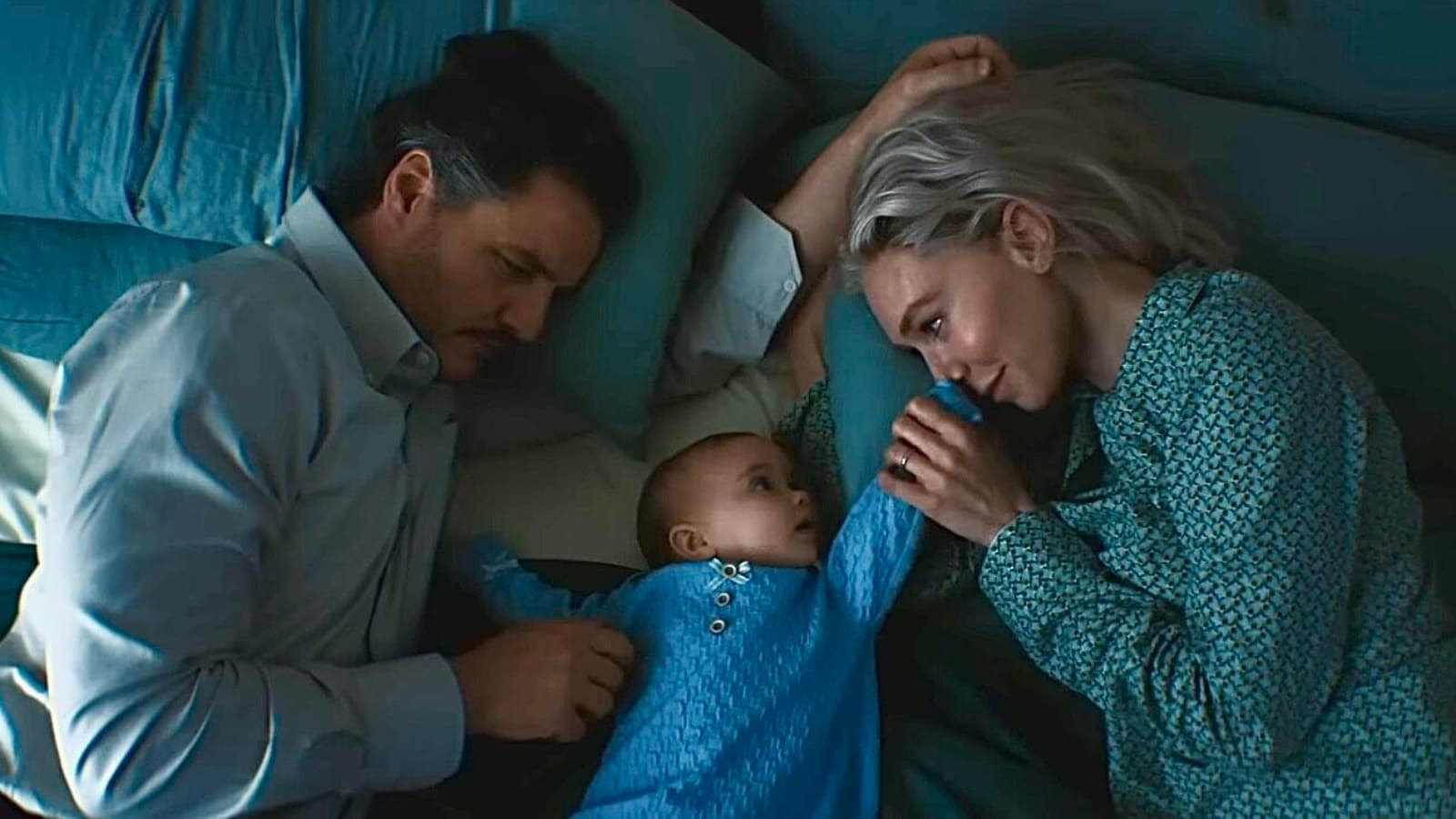Sabrina Carpenter reflects on 'Drivers License' drama, Rresilience, and new era of music in Rolling Stone interview
Sabrina Carpenter has officially turned the page on one of the internet's most speculated celebrity love triangles. In her latest Rolling Stone cover story, the singer-actress addressed the infamous “Drivers License” drama that erupted in 2021, involving Olivia Rodrigo and Joshua Bassett. What once seemed like the defining narrative of Carpenter’s career is now merely a footnote in the rise of a pop powerhouse.
Sabrina Carpenter attends the 2025 Met Gala Celebrating "Superfine: Tailoring Black Style" at Metropolitan Museum of Art on May 05, 2025 in New York City.
Dia Dipasupil/Getty Images
For the uninitiated, Rodrigo’s chart-topping debut single, “Drivers License,” appeared to allude to a rumored breakup between Rodrigo and Bassett, with Carpenter painted as the “blonde girl” referenced in the lyrics. As speculation mounted, the “Espresso” singer became the target of internet backlash, often framed as the “other woman.” But as Carpenter told Rolling Stone in the June 12 issue, that moment only fueled her growth.
“All I knew was that it wasn’t going to stop me from doing what I loved,” Carpenter shared. “What that era taught me was to just trust myself and that everything works out the way it’s supposed to.”
Since then, Carpenter has carved her own lane in pop music, breaking out with her 2024 album Short n’ Sweet and hit singles like “Please Please Please” and “Espresso.” Now, with her new album Man’s Best Friend set to drop on August 29, she shows no signs of slowing down.
In the interview, Carpenter also addressed how she handled public perception post-“Drivers License.” “I don’t think about it, ever,” she said bluntly. While she did release tracks like “Skin” and “Because I Liked a Boy” during that period — widely interpreted as responses to the online scrutiny — she insists her focus has always been on the music.
“I’m at that point in my life where I’m like, ‘Wait a second, there’s no rules,’” she added. Citing influences like Dolly Parton and Linda Ronstadt, Carpenter emphasized her desire to return to the era when artists released albums annually. “Writers write, they make music, and they release music.”










